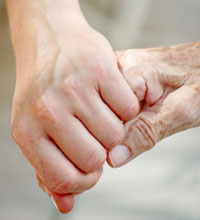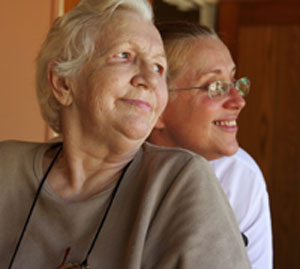You may relate to all of the feelings below, or just a few. You may feel them at different times, with some days being better than others.
It may help to know that other caregivers have felt the same way that you do. One of the first steps in coping with feelings is to recognize that they exist and that having them is normal. Try to give yourself time to understand and work through your range of emotions.
Caregivers say that it’s common to be angry with themselves, their family members, or the patient. Sometimes anger comes from feelings that are hard to show, such as fear, panic, or worry. If you can, try to avoid lashing out at others because of these emotions. Anger can be healthy if you handle it the right way. It can help motivate you to take action, find out more, or make positive changes in your life. But if these feelings persist and you remain angry at those around you, talk with a counselor or other mental health professional.
You may be mourning the loss of what you hold most dear -- your loved one’s health or the life you had with each other before cancer. It’s important to give yourself permission to grieve these losses. It takes time to work through and accept all the changes that are occurring.
Feeling guilty is a common reaction for caregivers. You may worry that you aren’t helping enough, or that your work or distance from your loved one is getting in the way. You may even feel guilty that you are healthy. Or you may feel guilty for not acting upbeat or cheerful. But know that it’s okay. You have reasons to feel upset and hiding them may keep other people from understanding your needs.
Anxiety means you have extra worry, you can’t relax, you feel tense, or you have
panic attacks.








